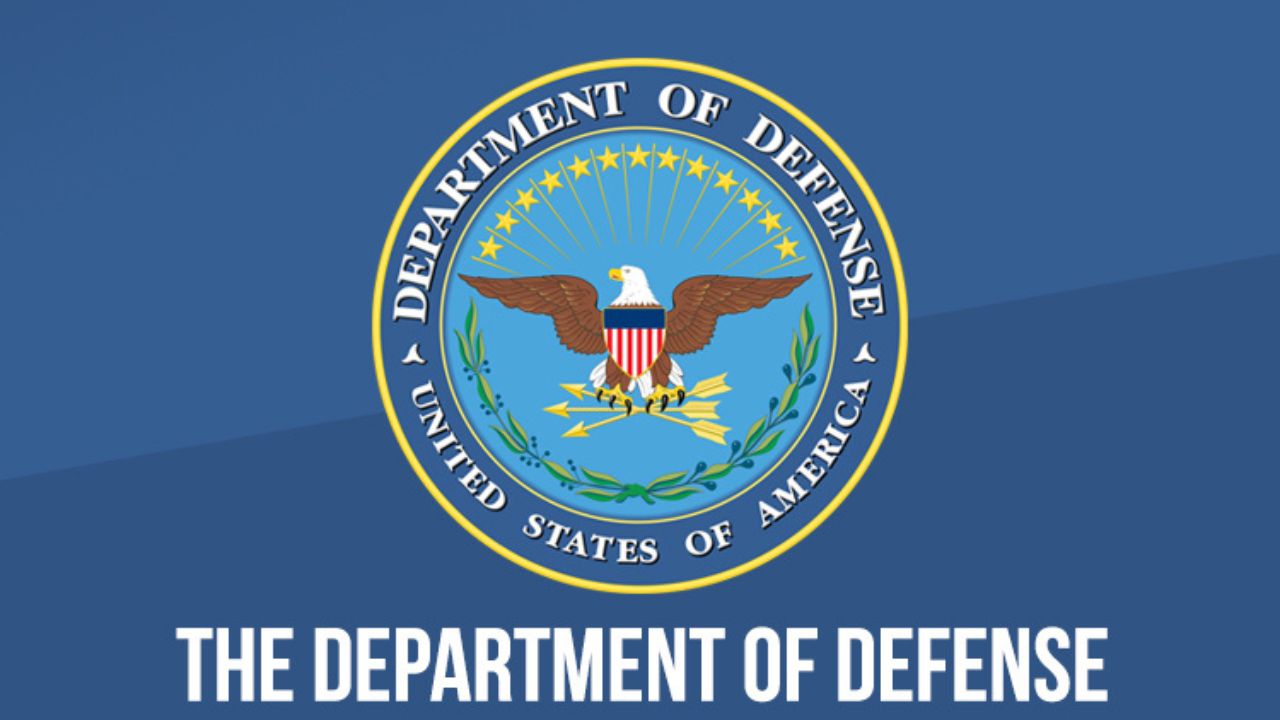The United States explored the possibility of purchasing cobalt for its defence stockpiles last year, a move aimed at reducing reliance on foreign suppliers, particularly China.
Despite the Defense Logistics Agency’s (DLA) decision against including cobalt in its latest stockpiling plan, sources suggest that the agency may reconsider such purchases in the future, reflecting ongoing concerns about supply chain vulnerabilities.
Cobalt plays a critical role in various defence applications, including the production of missiles, aerospace parts, communication magnets, radar, guidance systems, and electric vehicle batteries.
However, China’s dominance in cobalt processing raises concerns about the U.S.’s overreliance on foreign sources for this strategically significant material.
The DLA’s decision not to include cobalt in its stockpiling plans for the period from October 2023 to September 2024 surprised the market, especially considering the significant price drop of around 60% since May 2022.

While lower prices typically incentivize purchases, the DLA emphasized that cobalt currently does not present a vulnerability requiring immediate stockpiling.
Congressional Pressure and Domestic Prioritization
The move to assess cobalt acquisition for defence purposes was partly prompted by a letter from Congress in September 2022, urging the Department of Defense (DoD) to prioritize domestically refined cobalt.
Lawmakers cited the heavy dependence on foreign cobalt, particularly from China, as a reason to bolster U.S. stockpiles to ensure national security interests.
Challenges and Future Outlook
Despite the congressional push and concerns about supply chain vulnerabilities, the U.S. faces challenges in securing domestic sources of cobalt.
The suspension of the final construction of the Idaho cobalt operations by Jervois Global underscores the complexities involved in establishing primary cobalt mining operations within the country.

Looking ahead, the outlook for cobalt prices remains uncertain, with slowing sales of electric vehicles and the emergence of new battery chemistries further complicating the market dynamics.
However, the strategic importance of cobalt in defence applications underscores the need for the U.S. to carefully evaluate its supply chain vulnerabilities and take proactive measures to safeguard national interests.
